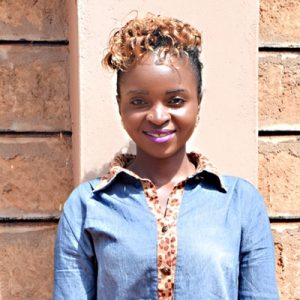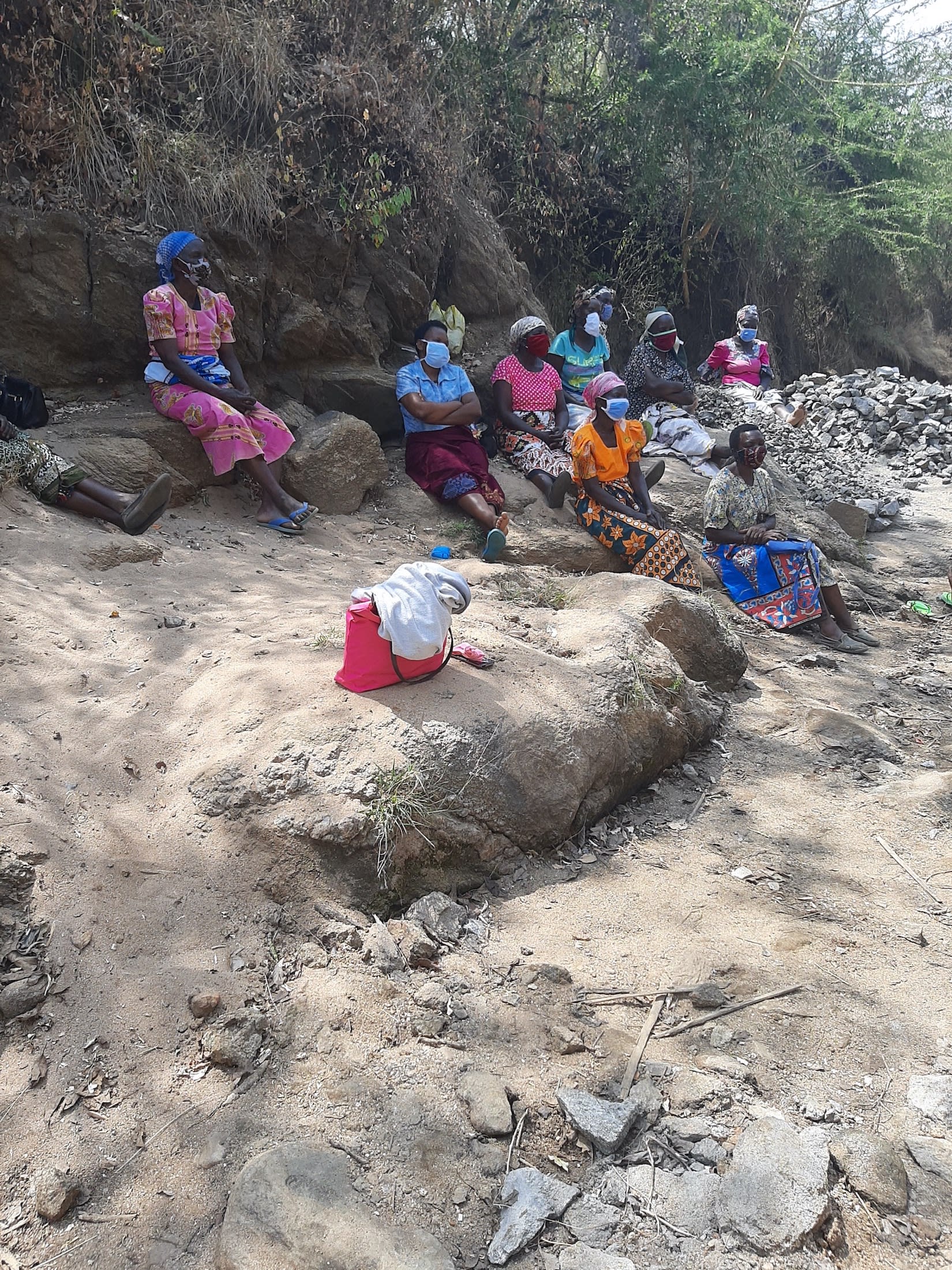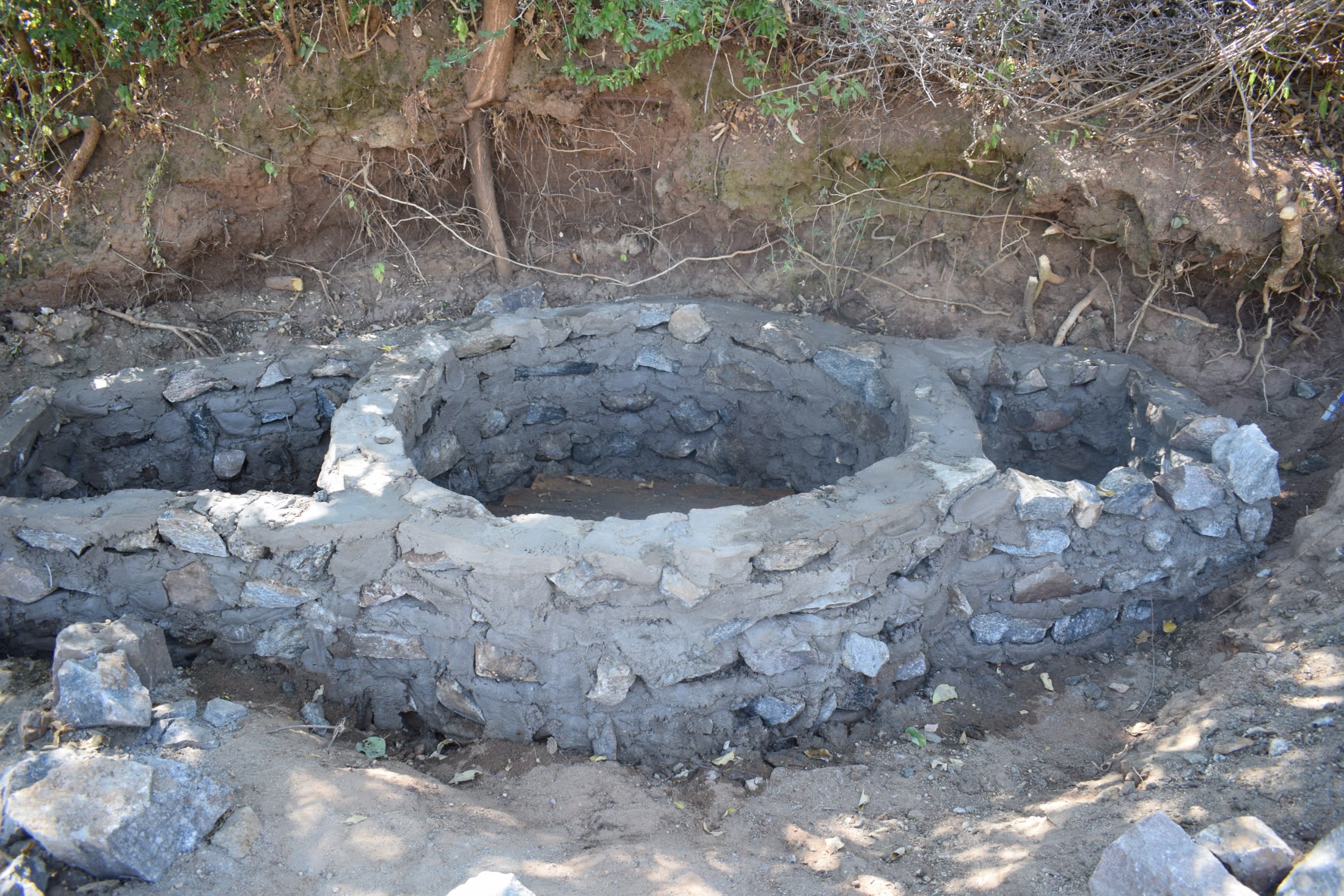This community fetches water at River Nziuni, which is a seasonal river. Nziuni only flows during the rainy season. Afterwards, the river ceases to flow and people have to dig holes to find water.
As the months go by, the river gets drier and drier and the holes are dug deeper and deeper, which is very exhausting and dangerous. All of this work is for water that is unsafe and open to contamination.
The water attained from these sources is not safe for direct consumption. The scoop holes are often left open until the next time of use, which exposes the water to different kinds of contaminants such as pathogens, human activity, animal activity, improper waste disposal, open defecation among others.
The other alternative source of water is a school water kiosk located approximately three kilometers from the community. But people have to pay for the water, and it's something that people cannot afford on a regular basis. Once all their water sources have depleted, they are forced to walk for five kilometers or more to Tyaa River.
Even though these community members have to walk for very long distances for water, some members do not own donkeys so they are forced to go back and forth to the water source multiple times. This is extremely exhausting and depletes all of the valuable time in a day.
Due to the long lines at the sources, people have to wake up very early in order to get at the water source on time. Clashes and fights among the community members at the water source can break relationships and brew enmity.
"Walking to the water source is very cumbersome due to the hilly and rough topography of the area," said Viata Mulinga.
"Hunger pangs, a result of water scarcity, are common because one may lack water for cooking or even drinking which really makes life hard."
Our main entry point into Kathungutu Community is the Mung'alu Self-Help Group, which is comprised of 35 farming households that are working together to address water and food scarcity in their region. We will partner with this group on projects for five years to ensure everyone has access to safe water. These members will be our hands and feet in both constructing water projects and spreading the message of good hygiene and sanitation to everyone.
Members of Mung'alu Self-Help Hroup hail from the small village Kathungutu. It lacks basic amenities and infrastructure such as hospitals, electricity, and running water. It is characterized as a rural setting which is very peaceful and relatively vegetated. The landscape consists of indigenous natural bushes - some which have been cleared to create pathways. The buildings are built of bricks and mud with iron sheet roofs.
People here rely on farming, casual labor, and small businesses for their income. Farming is the most relied on, although it is an inconsistent source of income because the community members have to depend on the rains to farm.
There's high potential with this group of people because if they are trained on financial management and record-keeping, they will boost their income levels. The few who indulge in casual labor proved that with the provision of water, they would embark on farming and other income-generating activities instead.
What we can do:
Hand-Dug Well
This particular hand-dug well is being built adjacent to this group’s ongoing sand dam project (click here to see), which will supply clean drinking water once it rains. We have supplied the group with the tools needed for excavation. With the guidance of our artisans and mechanics, the excavated well will be cased, sealed with a well pad, and then finished with a new AfriDev pump.
Excavation takes a month or more on average, depending on the nature of the rock beneath. Construction of the well lining and installation of the pump takes 12 days maximum. The well will be lined with a concrete wall including perforations so that once it rains, water will filter in from the sand dam.
This well will be located in Kathungutu, and will bring clean water closer to families having to walk long distances for their water.
Training
We will hold hygiene and sanitation training sessions with commmunity members. These will teach about important hygiene practices and daily habits to establish in the community at the personal and household levels. Taking good care of self and environment will make for a healthy community.
Most households have poor compound hygiene and their general hygiene and sanitation standards are low.
"We do not have sufficient water to keep the latrines clean," said Salina Mwende.
"At times we may fail to take showers because the water is not enough for such comforts. Lack of sufficient water is very troublesome in this area."
In relation to this, they need improvement on compound hygiene, effective water treatment methods, handwashing training, soap making lessons and knowledge of disease transmission routes. The members of this group seem to have little knowledge on hygiene and sanitation. This also exposes them to risks of contracting diseases such as cholera, typhoid, diarrhea and stomachaches.

 Protected Dug Well
Protected Dug Well
 Rehabilitation Project
Rehabilitation Project

































